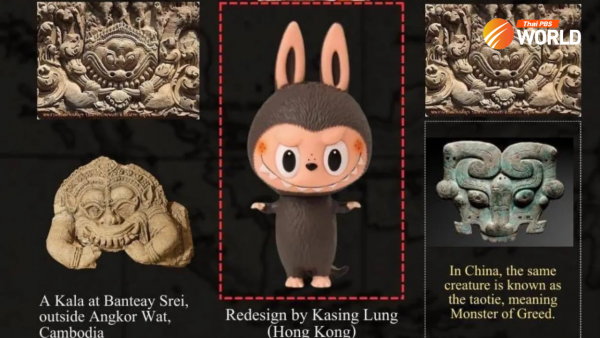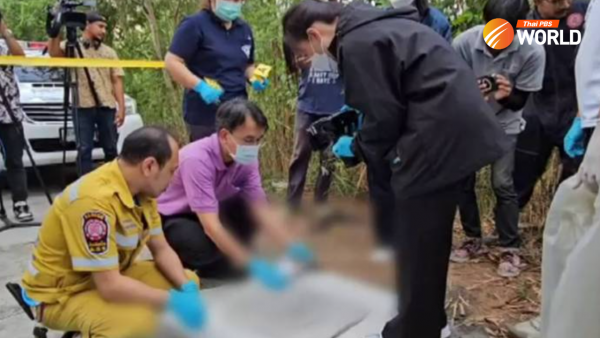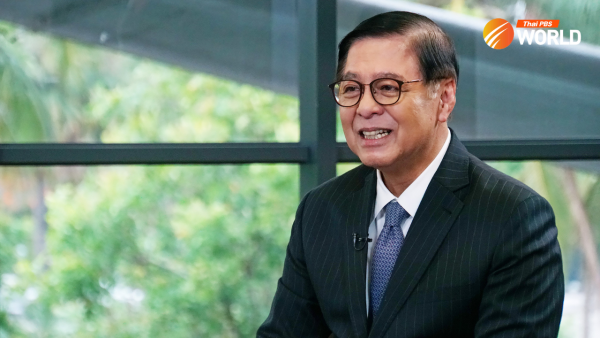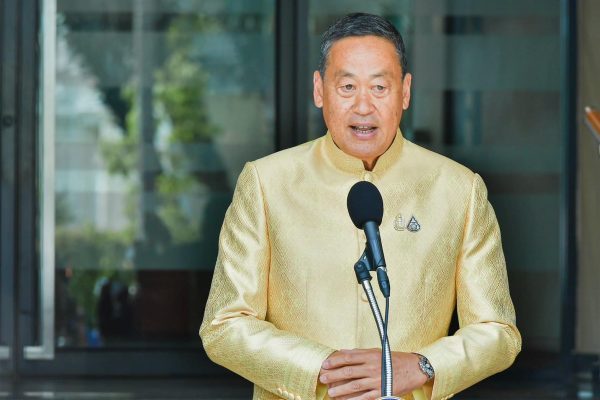The deep desires – and fears – driving Thai youth protests

The growing number of students passionately demanding an end to dictatorship, better protection of rights, and greater public participation has sent waves of shock, excitement and fear rippling through Thai society.
“Their responses to my questions remind me of the [1980] Gwangju Uprising [in South Korea] and the French Revolution,” said Asst Prof Dr Kanokrat Lertchoosakul, a lecturer at Chulalongkorn University’s Political Science Faculty.
The academic has spoken to student protesters across the country – Songkhla, Chiang Mai, Kalasin, Samut Songkram and Bangkok – as part of her ongoing research.
When she asked them if they were worried about possible violence or risks to their lives, they answered almost as one. The thing they feared most was the regret that would follow if they did not “make sacrifices” today.
Her research also found that most of the youngsters had joined rallies following previous political experience or after cross-checking information – contradicting a widespread belief that they have been brainwashed by social media.
“We can think for ourselves. No one can brainwash or tell us what to do,” one young protester said.
Students said they are frustrated with outdated school regulations for things like hairstyles, dissolution of the political party they voted for, corruption scandals and other abuses they had read about online, including the forced disappearance of political activists.
“They say schools continue to force them to wear hairstyles they don’t want, violating their right to their own body,” Kanokrat said. “The younger generation voted for the Future Forward Party [FFP] hoping that it would bring about changes they want, but the party was dissolved. They say this is an injustice.”
A schoolgirl related that FFP’s dissolution was her motivation for joining a recent mass protest at Bangkok’s Democracy Monument.
“The other reason is the military’s presence in politics. Military figures have been in power since the National Council for Peace and Order [after the 2014 coup]. Now people are intimidated for just having different opinions,” she said.
Another teenager called on the older generation to start listening to youngsters’ opinions. “We are not forcing you to understand us, but at least respect our opinions. Don’t brand us [and our opinions] as childish just because we are younger,” he said.
Athapol Anunthavorasakul, a lecturer at Chulalongkorn’s Faculty of Education, said students nowadays are better-read and have a lot of information at hand.
“Don’t underestimate them. We have noticed that over the past three years, school students are more politically active and more capable of critical thinking than their counterparts in the previous generation,” he said.
Speaking on condition of anonymity, one student said that though her life experience may be limited by her age, she only expresses her viewpoint after carefully analysing information.
“We are expressing our opinions. We are telling the adults what we want,” she said.
Kanokrat added that the protesting students were the cream of the crop, many with a grade-point average of 3.9.
Several have said social media sites like Twitter has changed their world, but insisted that every piece of information backing their protests is critically analysed and cross-checked.
Bridging the generation gap
With more and more students nationwide raising the three-finger salute and wearing white ribbons in symbolic defiance against dictatorship, Prime Minister General Prayut Chan-o-cha has commented that many youngsters may have been pressured into joining the protests and those who do not go along would be bullied.
However, students with first-hand experience disagree.
“I have not seen any such bullying,” one schoolgirl said. “Protesting students know about human rights and democracy, so it is unlikely that they will attack others for having different opinions.”
Meanwhile, Athapol said many teachers have been shocked by the protests, sensing a turning point.
“Teachers are used to wielding power in schools, but now the culture has changed,” he said.
He believes that if teachers resort to violence to subdue protests, things will get worse, but if they see that the students are doing their duty as citizens, the situation will normalise.
“If children are not allowed to air their opinions at home or at school, then it means the parents and teachers are driving them away,” he said.
Kanokrat agrees, saying adults should open up to the youth, offer them understanding and talk with them.
“These children will have to live in our country for another 60 years or more,” she said, explaining why many students believe they must take action now to shape their own future.
The protests are taking place not because the government has refused to put reforms in place, she added, but because “the reforms are too few and too slow”.
By Thai PBS World’s Political Desk






